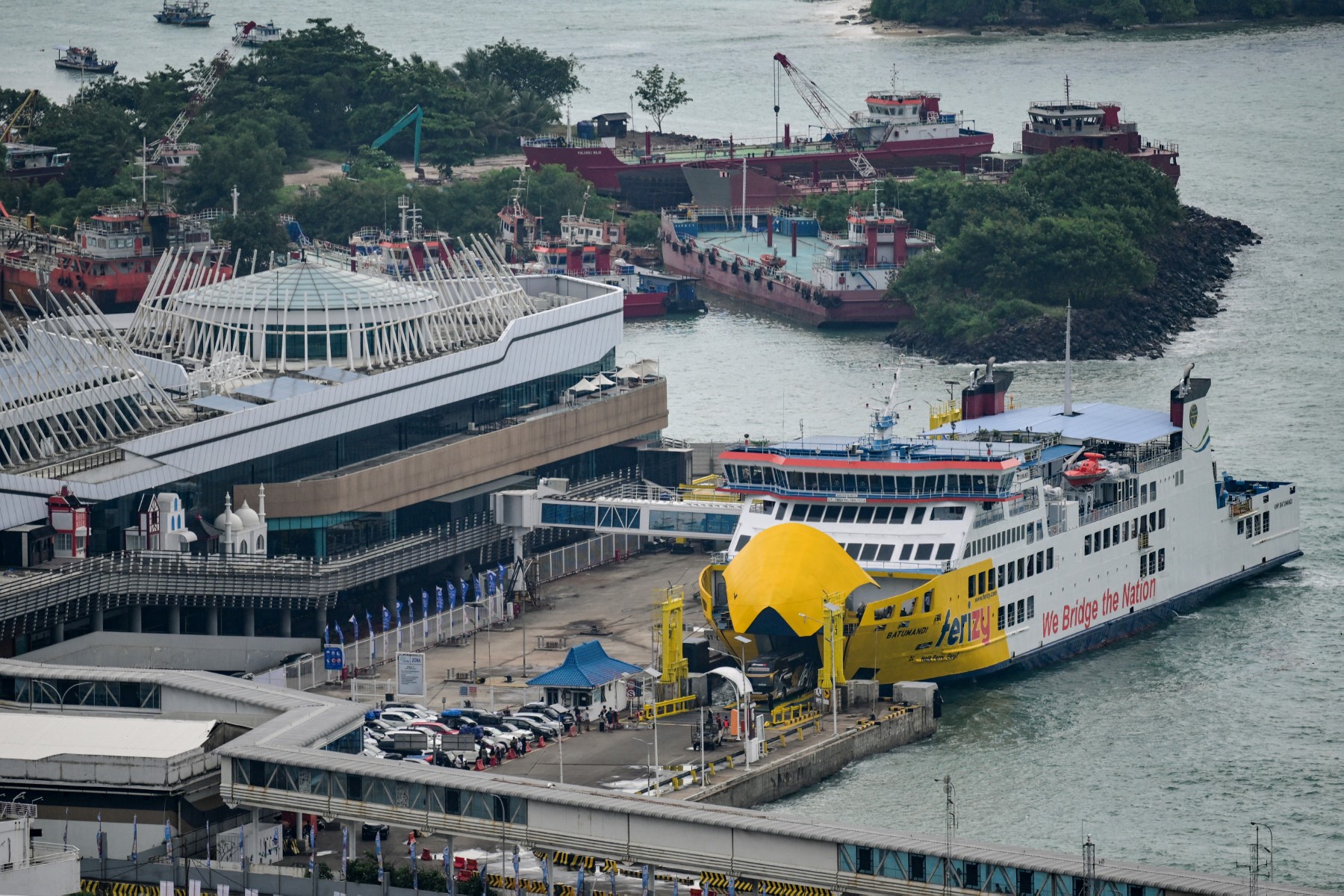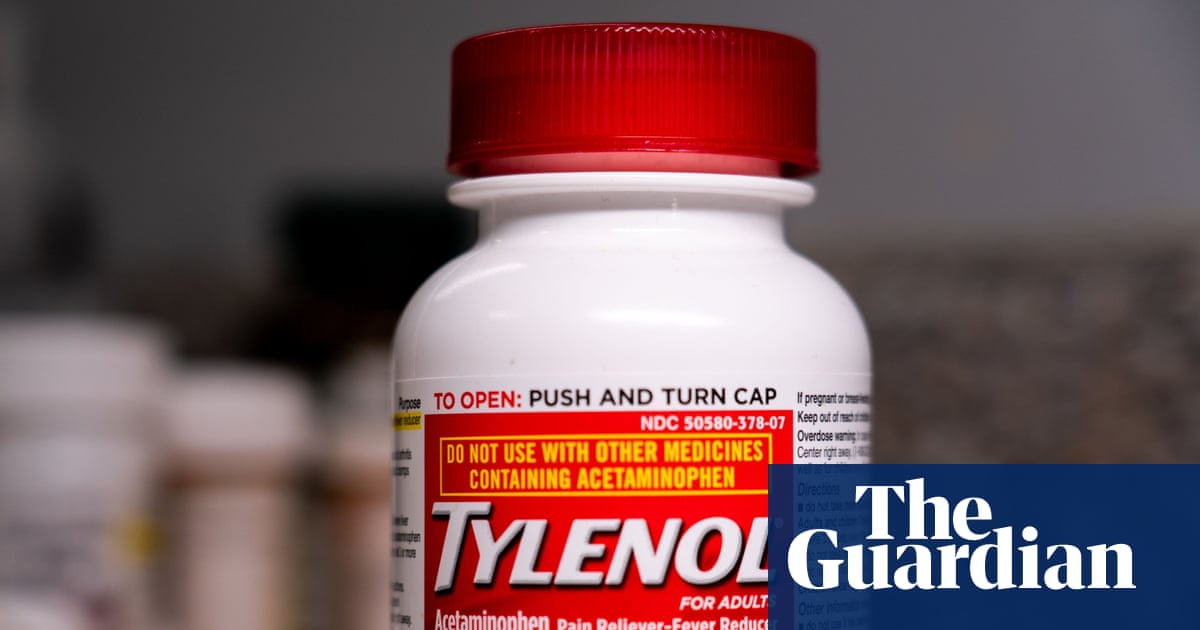October 3, 2025
JAKARTA – The government has declared a special radioactive contamination event at the Cikande Industrial Estate in Serang, Banten, after the discovery of widespread Cesium-137 (Cs-137) contamination in the area, which has affected at least nine people.
“The declaration of this special contamination event is intended to accelerate decontamination efforts in the affected area,” Coordinating Food Minister Zulkifli Hasan said on Tuesday, as quoted by Kompas.id.
Cs-137 is a man-made radioactive isotope generated through nuclear reactions. High levels of exposure to Cs-137 can cause severe burns, acute radiation sickness and increased cancer risk, and may even be fatal.
An investigation into suspected radioactive contamination at the Cikande Industrial Estate commenced in August after the United States Food and Drug Administration (FDA) detected Cs-137 contamination in a sample of frozen shrimp imported from Indonesia. The shrimp originated from PT Bahari Makmur Sejati, a company operating within the Cikande area.
In response, the Indonesian government suspended operations at Bahari Makmur Sejati’s production facility on Aug. 22, ordered a full environmental audit of the plant and instructed all workers to evacuate the site as a precautionary measure. On Sept. 11, a special task force was formed to conduct a thorough investigation into the incident.
Minister Zulkifli revealed that the source of the Cs-137 contamination was traced to the steel melting plant Peter Metal Technology (PMT), which is located approximately two kilometers from Bahari Makmur Sejati’s production facility. PMT reportedly imported scrap metal contaminated with Cs-137 as its raw material.
Authorities believe the Cs-137 contamination was primarily spread through airborne dust produced during the scrap metal melting process. This radioactive dust settled on multiple surfaces within the facility, including exhaust fans and generators, before dispersing beyond the plant’s perimeter and contaminating the surrounding area.
Decontamination efforts
Environment Minister Hanif Faisol Nurofiq said that authorities have identified at least ten contamination sites across Cikande. In addition to the PMT plant, radioactive contamination has been detected at scrap metal dealers who frequently trade with PMT, in open areas and alarmingly, outside residential neighborhoods.
“Decontamination efforts have already commenced at two of these sites, while the remaining eight are undergoing detailed assessments to determine appropriate measures for decontamination, environmental remediation and public health recovery,” Hanif said on Wednesday, as reported by Antaranews.
Minister Hanif said that the full decontamination and recovery process could take several months to complete.
So far, the Environment Ministry has removed 700 kilograms of scrap metal contaminated with Cs-137 from the PMT plant and moved it to a designated interim storage.
The ministry plans to build a long-term storage facility for materials contaminated with Cs-137, considering its 30-year half-life. A nuclear half-life is the time it takes for half of a radioactive substance to decay and lose its radioactivity.
Ministry officials, along with authorities from the Nuclear Energy Regulatory Agency (Bapeten) and the National Research and Innovation Agency (BRIN), are also closely monitoring goods entering and leaving Cikande Industrial Estate using portable radiation detectors to ensure safety.
Human exposure
Following the incident, authorities have conducted medical screenings on 1,562 individuals in Cikande area, including PMT employees and nearby residents, and confirmed that nine people have been exposed to Cs-137.
Minister Hanif said the affected individuals have been given special medication, supplements and vitamins to help expel the radioactive substance from their bodies. Those with more severe exposure will receive specialized treatment for radiation sickness at BRIN facilities.
“We will continue screening all residents in the area. We are also working closely with the Indonesian military, police and local stakeholders to educate residents about the dangers of radioactive exposure,” Hanif said.
Authorities have urged the employees and residents in Cikande to avoid contaminated sites and to wear masks as a precaution against inhaling radioactive Cs-137 dust.
In addition to investigating radioactive contamination in Cikande, the government has launched a separate probe in Surabaya, East Java after the FDA reported finding traces of Cs-137 in a sample of cloves exported by Surabaya-based company PT Natural Java Spice last month. (nal)
[SRC] https://asianews.network/indonesia-confirms-widespread-radioactive-contamination-at-industrial-hub/
 Visit the website
Visit the website







